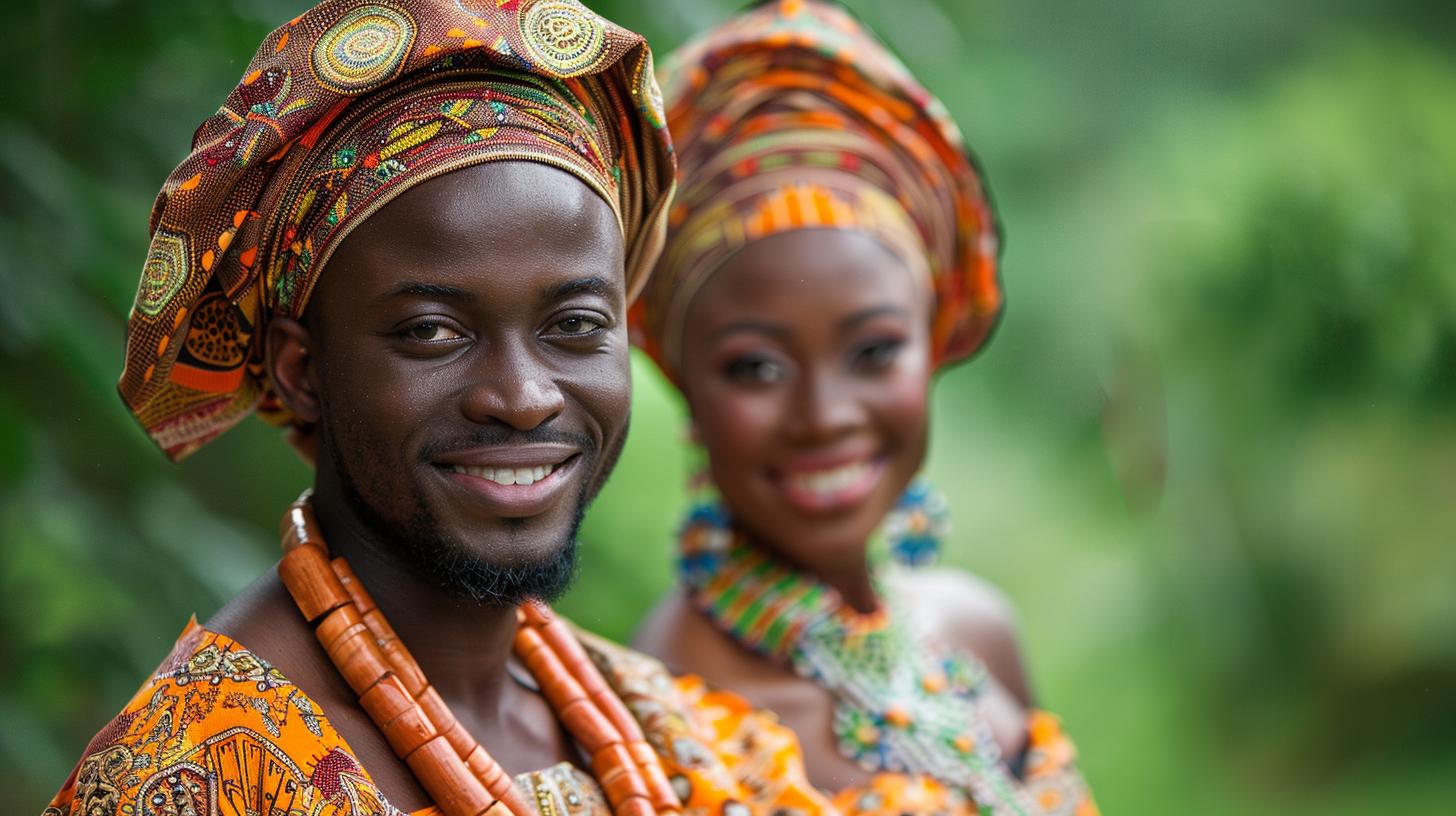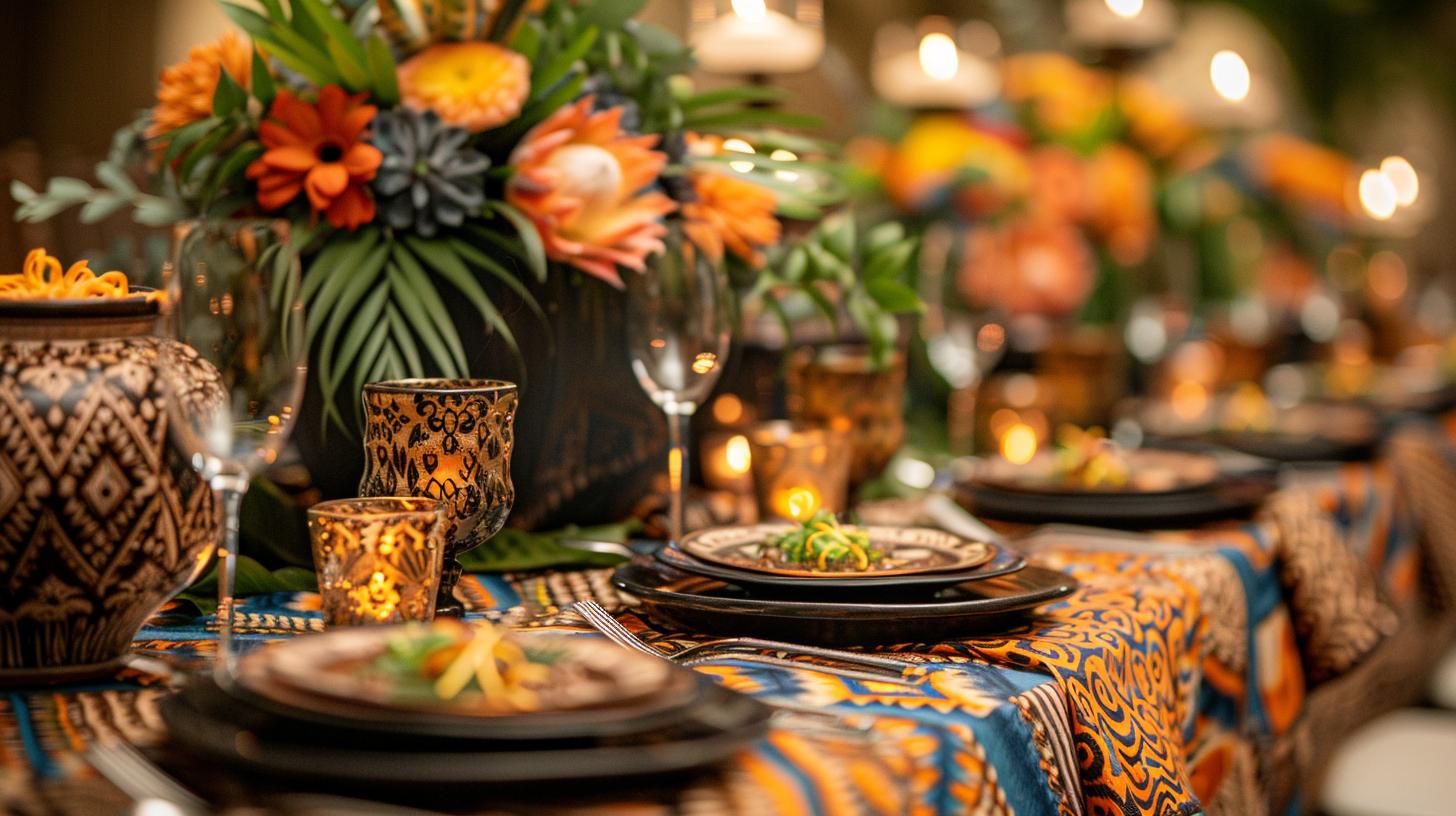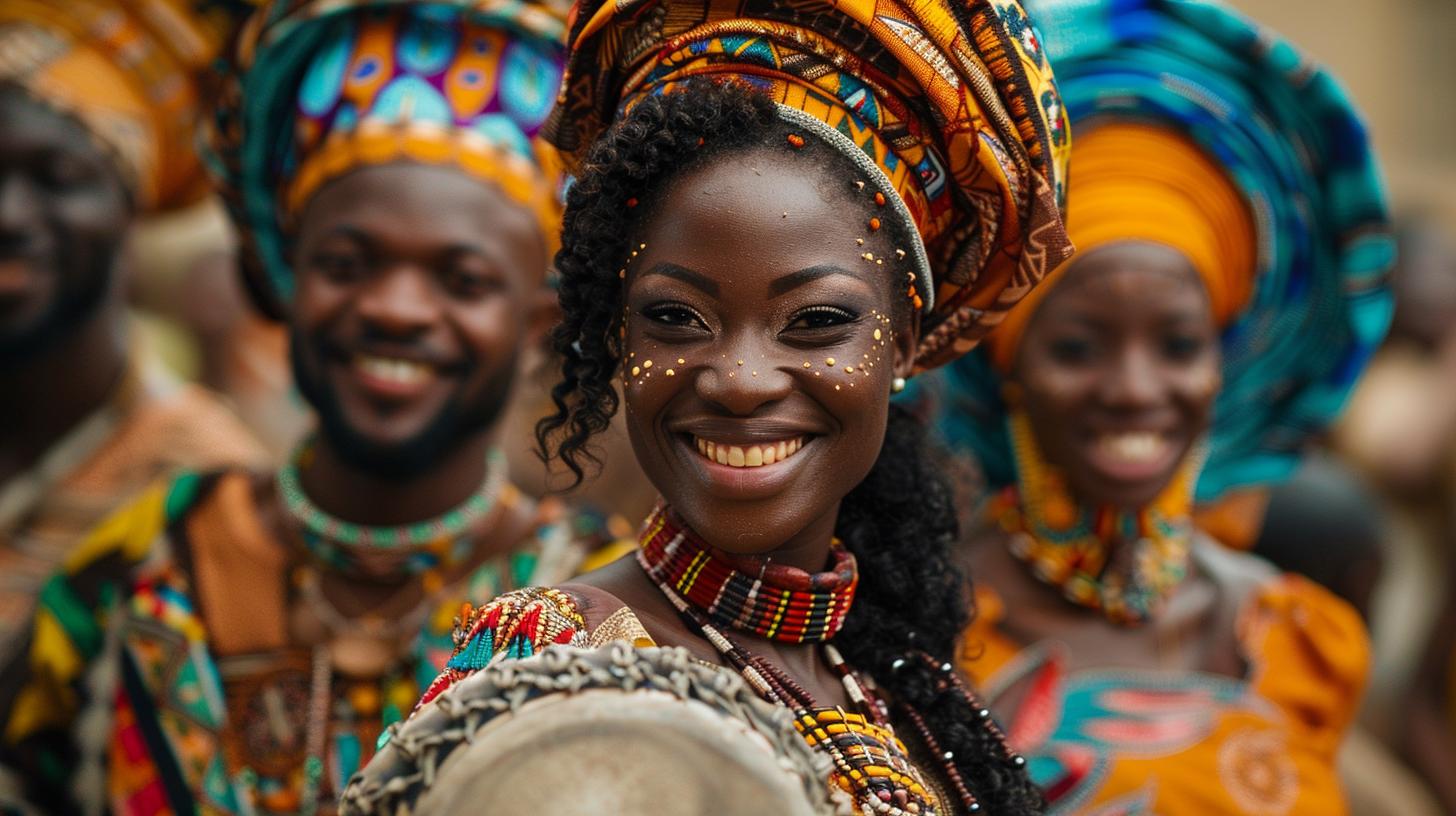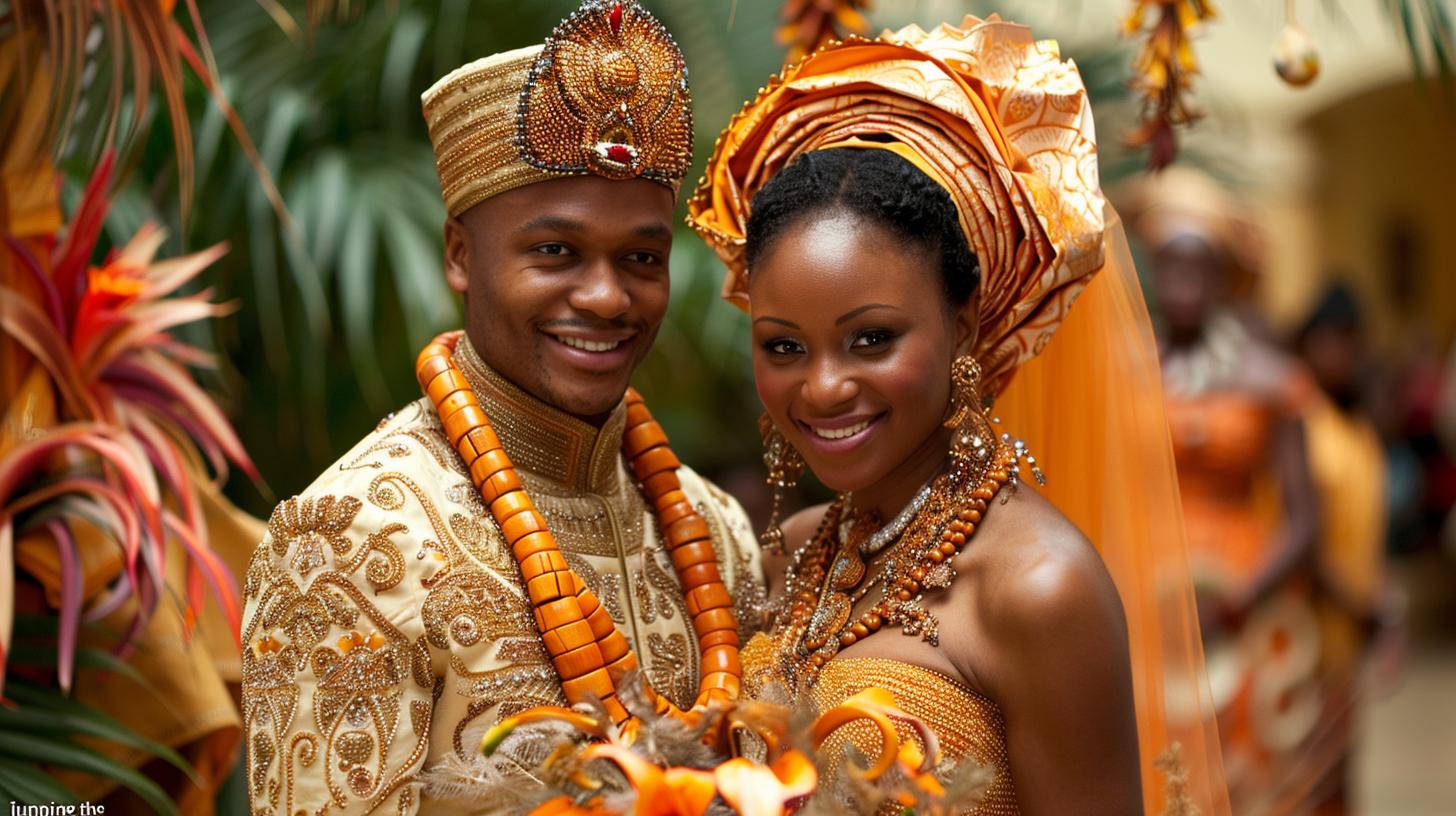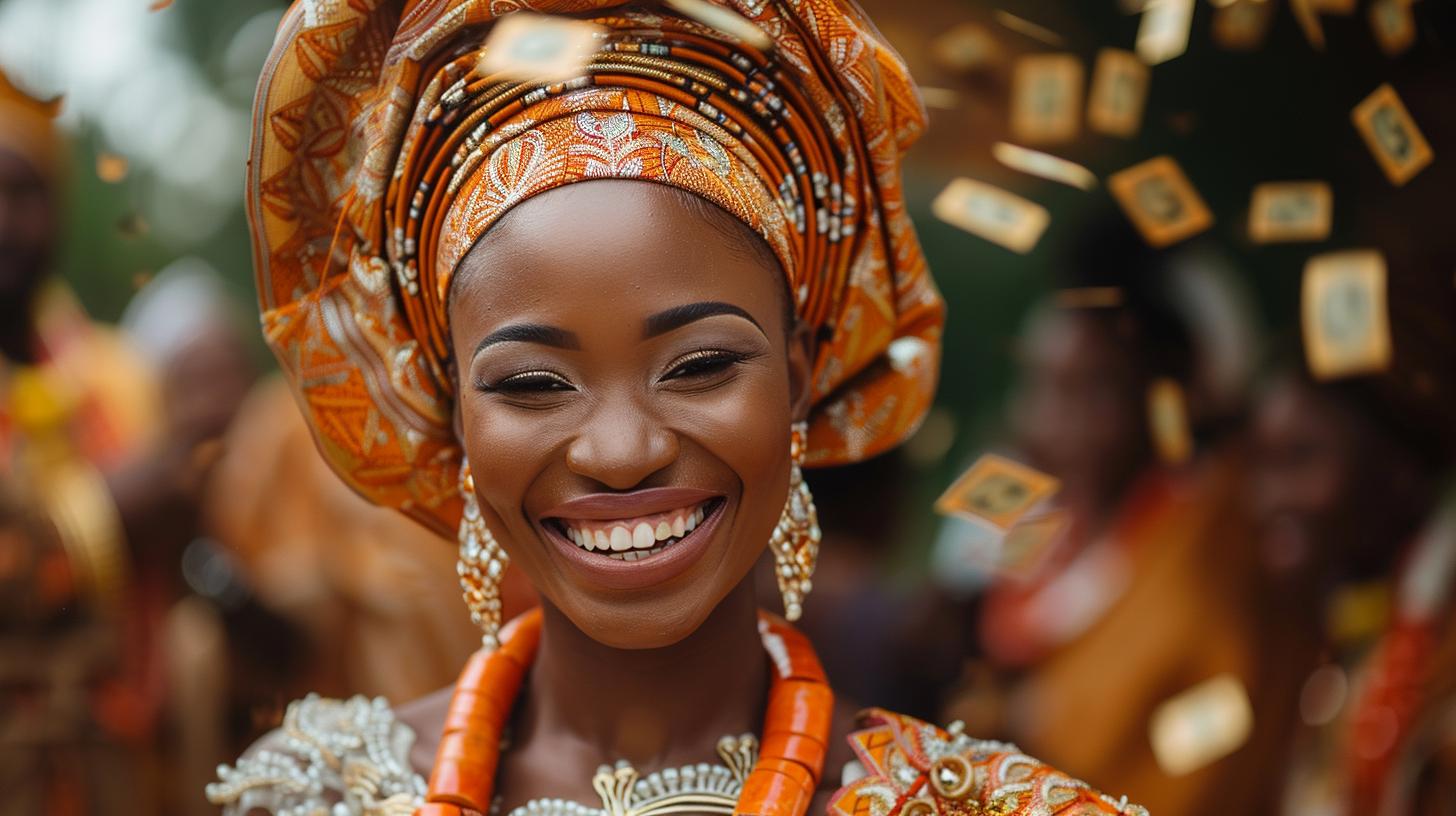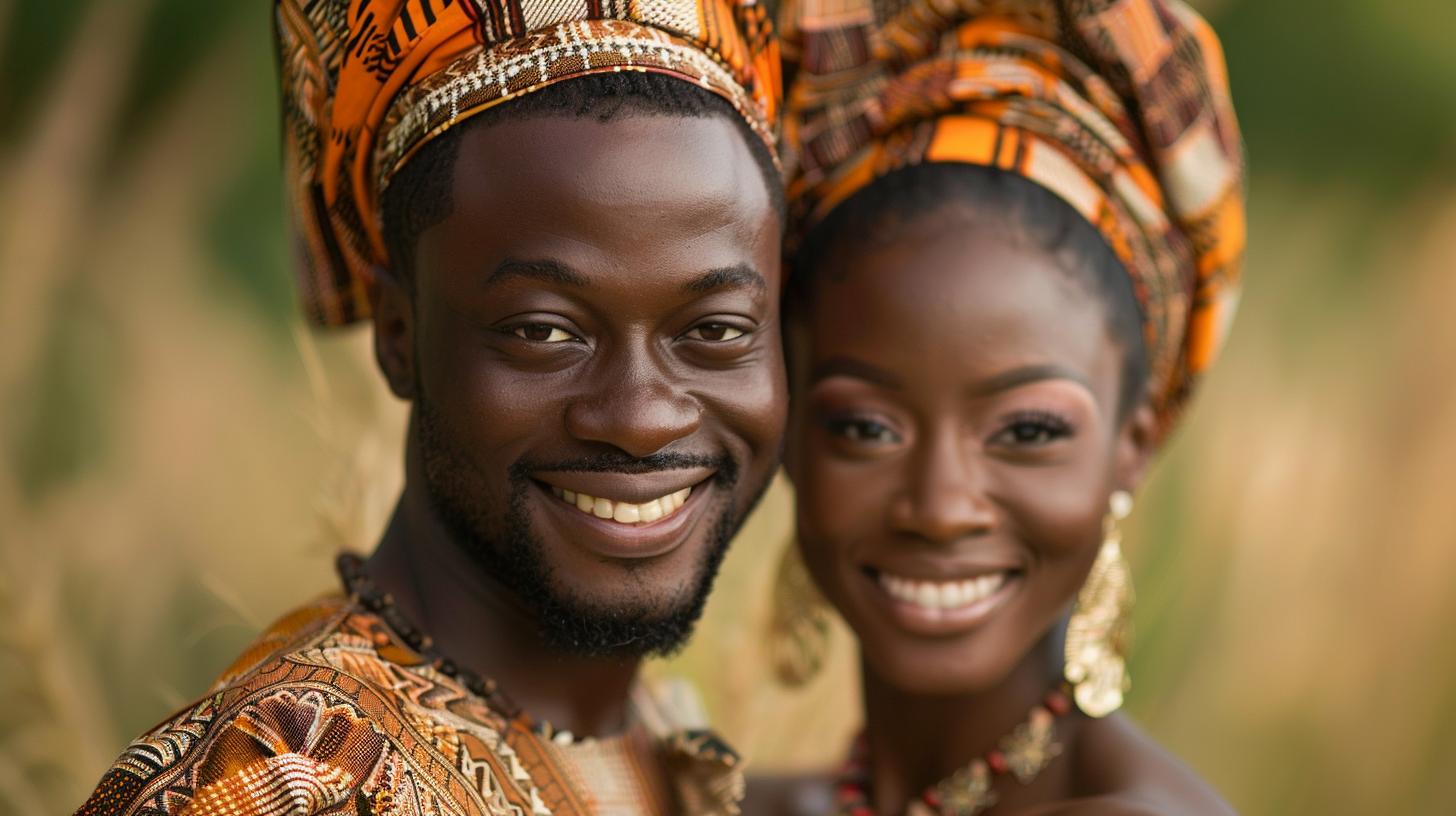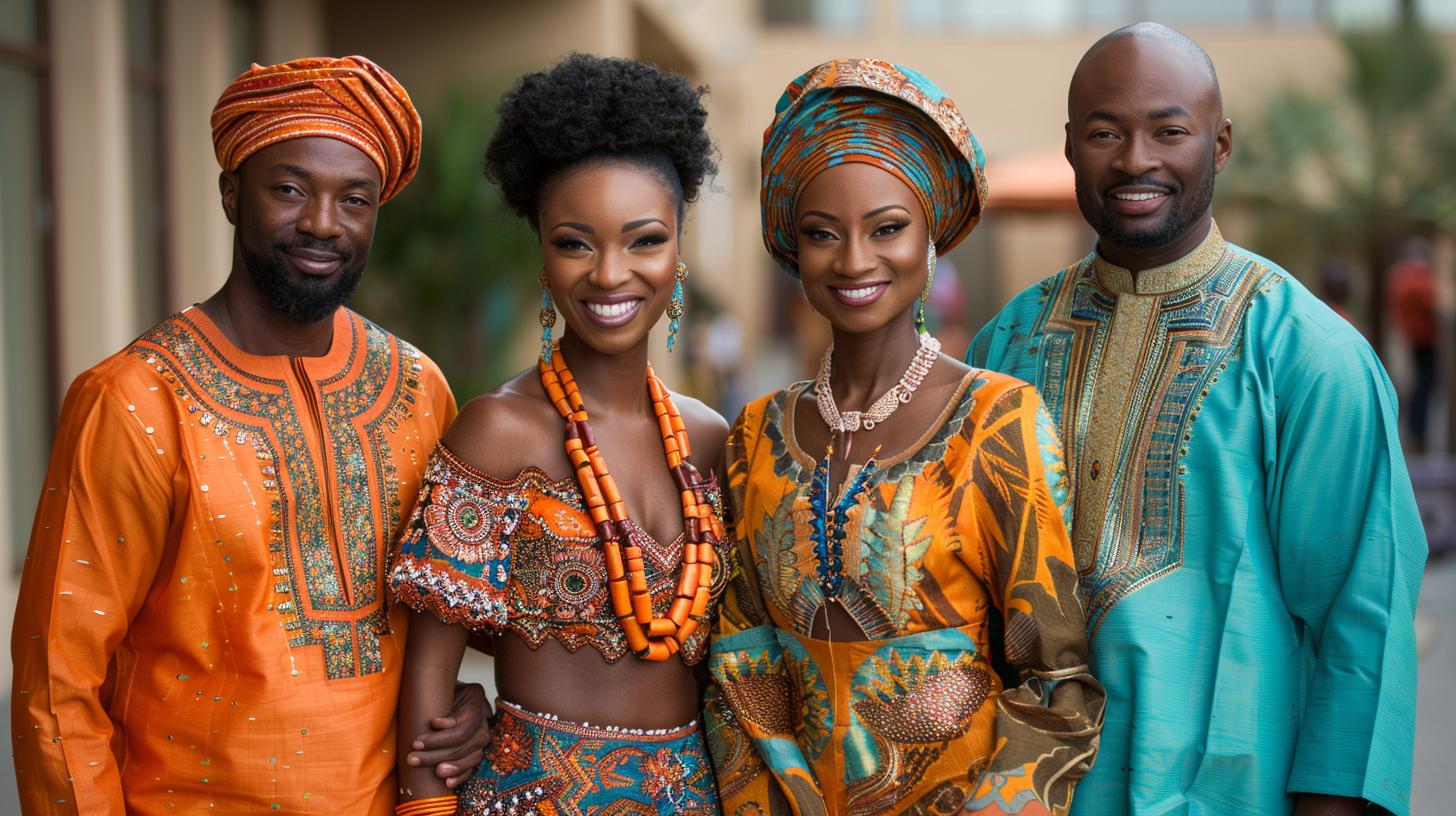In African Culture Who Pays For The Wedding: Traditions and Customs Explained
African wedding traditions hold deep cultural significance in many communities across the continent. One important aspect of these traditions is the practice of payment for marriage, which often involves dotes or bride prices.
These payments vary across different African countries and serve as symbolic gestures of commitment and care within African marriages.
African Wedding Traditions
African weddings are rich in tradition and cultural significance, with various customs and practices that reflect the importance of marriage in African culture.
Importance of Marriage in African Culture
Marriage holds a sacred place in African culture, serving as a symbol of unity, family, and community. It is a profound bond that goes beyond the union of two individuals.
Customs and Practices in African Weddings
African weddings are colorful and vibrant events filled with unique customs and traditions that vary between regions and ethnic groups.
From intricate ceremonies to elaborate attire, each element holds special meaning.
Significance of Traditional African Marriages
Traditional African marriages are not just about the union of two people but also about the merging of families, communities, and ancestral ties. They emphasize respect, honor, and continuity of heritage.
Payment for Marriage in African Culture
Payment for marriage holds significant cultural and traditional importance in various African communities. This practice extends beyond a simple financial transaction. Let’s explore the different aspects related to the payment for marriage within African culture.
Dotes and Bride Price in African Communities
- In African societies, dotes and bride prices are common practices associated with marriage.
- The dote is a symbolic gesture of appreciation and commitment from the groom’s family to the bride’s family.
- Bride prices, on the other hand, involve a payment made by the groom’s family to the bride’s family to signify the desire to marry.
Variations of Payment Across Different African Countries
The practice of payment for marriage varies greatly across different African countries, each with its unique customs and traditions.
- In South Africa, the custom known as ‘lobola’ involves the groom’s family presenting money or livestock to the bride’s family.
- Meanwhile, in Senegal, the payment is more symbolic, often consisting of a small sum of money and symbolic items.
- In Nigeria, gifts such as palm wine, blankets, and pots are used as part of the marriage payment.
Symbolism Behind the Payment in African Marriages
- The payment for marriage in African culture symbolizes respect, commitment, and the willingness of both families to unite through the marital bond.
- It signifies a pledge of responsibility and care that the groom undertakes towards his future bride and her family.
- While these payments may have evolved over time, their symbolic value remains deeply ingrained in the fabric of African marital traditions.
Evolution of Marriage Customs in the African Diaspora
Adaptation of Traditional Practices in Western Countries
As Africans moved to Western countries, traditional marriage customs underwent adaptations to fit cultural norms and legal requirements.
The practice of dotes and bride prices encountered new perspectives and interpretations that reflected the fusion of African and Western values.
Relevance of Dote in Modern African Diaspora Weddings
Incorporating Cultural Elements in Contemporary Marriages
- Many modern African diaspora weddings strive to preserve cultural heritage by including traditional elements like attire, music, and rituals.
- Couples may blend traditional practices with Western wedding customs to create a unique and personal celebration that honors their roots while embracing modernity.
.
..

